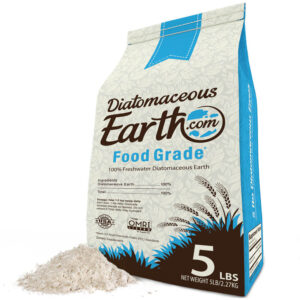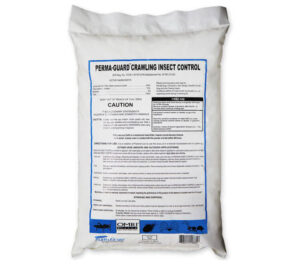Sevin Dust can be used to control pests in chicken coops and around chickens, but it is not considered safe for direct use on chickens. The active ingredient in Sevin Dust, carbaryl, is a potent chemical insecticide that can be toxic to chickens, humans, and other animals if inhaled, ingested, or absorbed through the skin.
Is Sevin Dust Safe for Chickens?
While Sevin Dust is effective against mites, lice, and other pests that can infest chicken coops, using it directly on chickens poses several health risks:
- Toxicity: Carbaryl is toxic to birds if inhaled or ingested. Chickens are particularly vulnerable because they may peck at their feathers, preen themselves, or scratch at dusted areas, leading to accidental ingestion or inhalation of Sevin Dust.
- Respiratory Irritation: Chickens are prone to respiratory issues, and inhaling the dust can cause irritation or more severe respiratory distress.
- Potential Contamination of Eggs and Meat: Carbaryl can leave residues on eggs and meat, which can pose health risks to humans consuming them.
Safety Precautions When Using Sevin Dust Around Chickens
If you still want to use Sevin Dust to control pests in a chicken coop or run, follow these safety precautions:
- Remove Chickens from the Area: Before applying Sevin Dust, temporarily relocate the chickens to a safe area away from the coop or run.
- Apply Sevin Dust Sparingly: Apply a light layer of Sevin Dust in cracks, crevices, and areas where mites, lice, or other pests are likely to hide. Avoid applying it directly to surfaces where chickens nest, roost, or feed.
- Ventilate the Area Well: After applying Sevin Dust, allow the area to ventilate thoroughly to minimize any dust particles remaining in the air. Wait at least a few hours before allowing the chickens back into the treated area.
- Clean Water and Feed Containers: Make sure to remove or cover any water and feed containers during application to avoid contamination. Clean and replace them with fresh supplies after treatment.
- Monitor Chickens Closely: Watch your chickens for any signs of distress, such as coughing, sneezing, or lethargy, after treatment. If you suspect that a chicken has inhaled or ingested Sevin Dust, consult a veterinarian immediately.
Safer Alternatives to Sevin Dust for Chickens
Given the potential risks, it is best to consider safer alternatives for pest control in chicken coops:
- Food-Grade Diatomaceous Earth (DE): Diatomaceous earth is a natural and non-toxic alternative that is safe for chickens when used correctly. Sprinkle food-grade DE in nesting boxes, dust baths, and coop floors to help control mites, lice, and other pests. It works by dehydrating the pests and is not toxic to chickens.
- Poultry Dusts and Sprays: There are several poultry-specific dusts and sprays available that are specifically formulated to be safe for chickens while effectively controlling mites, lice, and other pests. Look for products labeled for use in chicken coops.
- Herbal Remedies: Some chicken keepers use natural herbs like neem, lavender, and eucalyptus as repellents against pests. Adding these to nesting boxes and coop areas can help deter parasites without harmful chemicals.
- Regular Cleaning: Regularly cleaning and maintaining the coop, changing bedding, and treating cracks and crevices where pests may hide can help prevent infestations.
Conclusion: Sevin Dust is Not Recommended for Direct Use on Chickens
While Sevin Dust can control pests in chicken coops, it is not recommended for direct use on chickens due to its toxicity and potential health risks. Safer alternatives, such as food-grade diatomaceous earth and poultry-specific pest control products, offer effective ways to manage pests without the risks associated with chemical insecticides like Sevin Dust. Always prioritize the health and safety of your chickens when choosing a pest control method.


